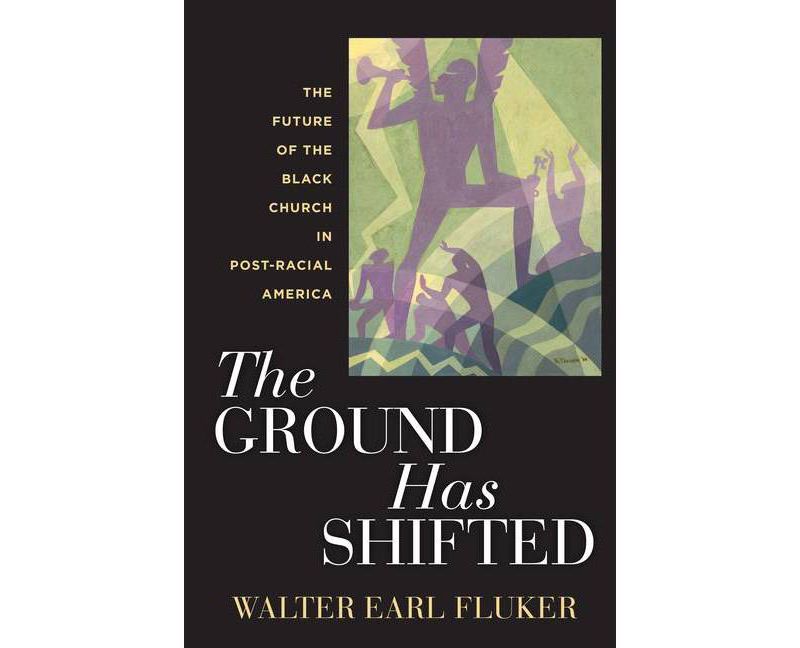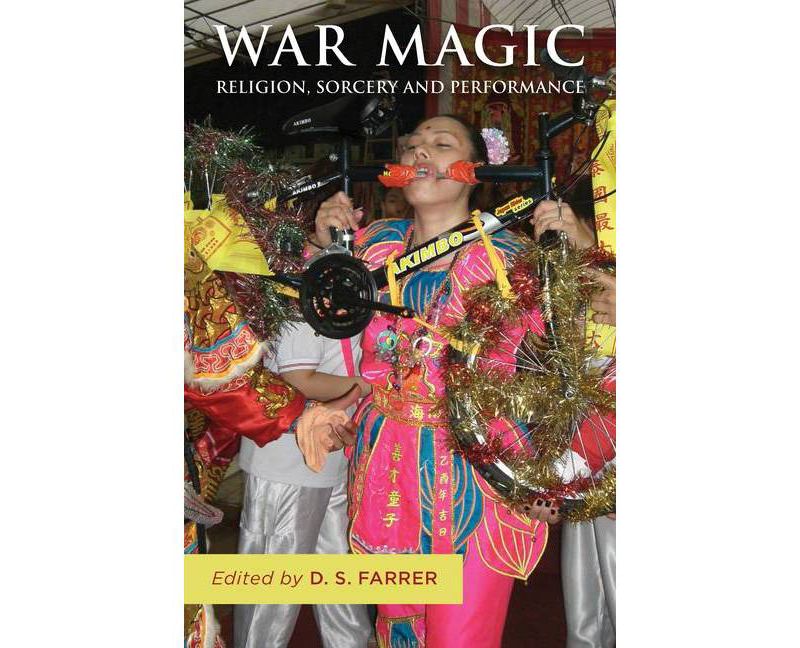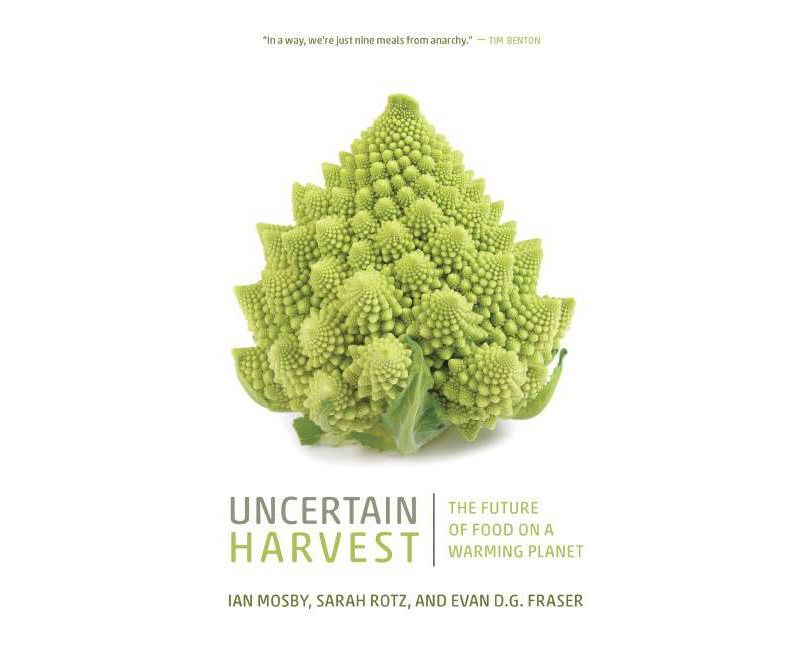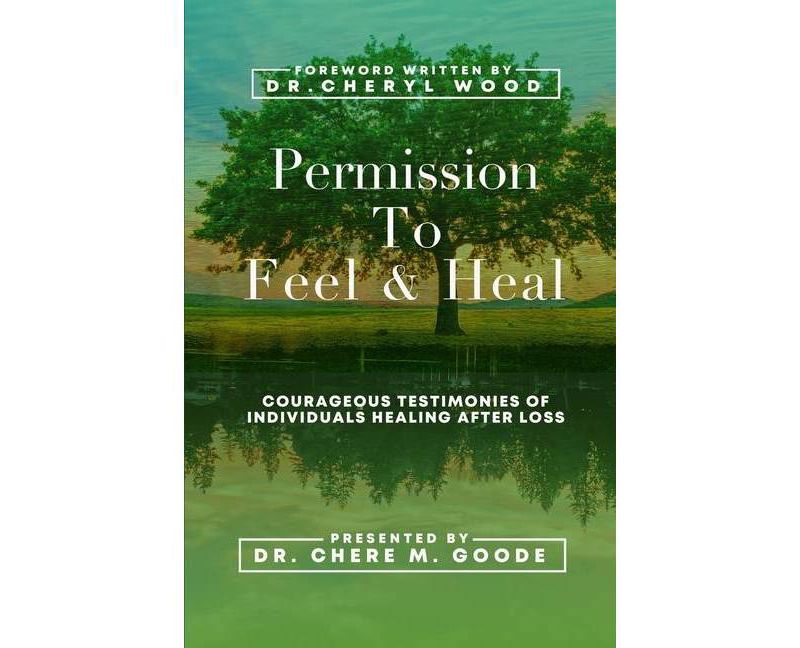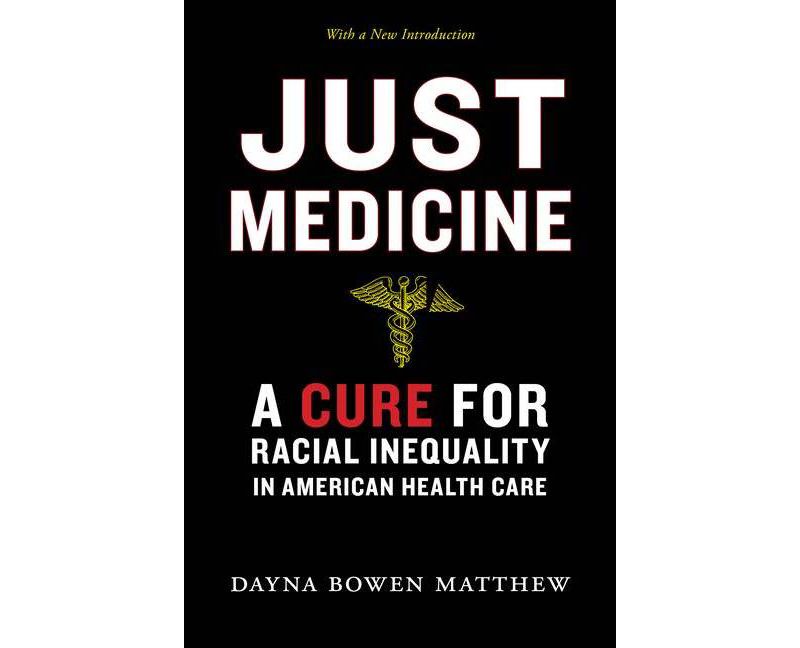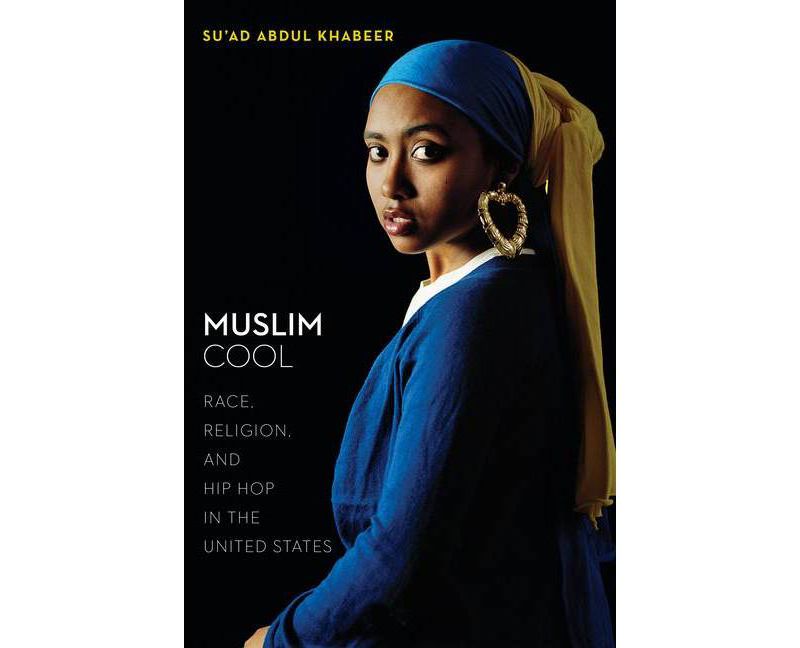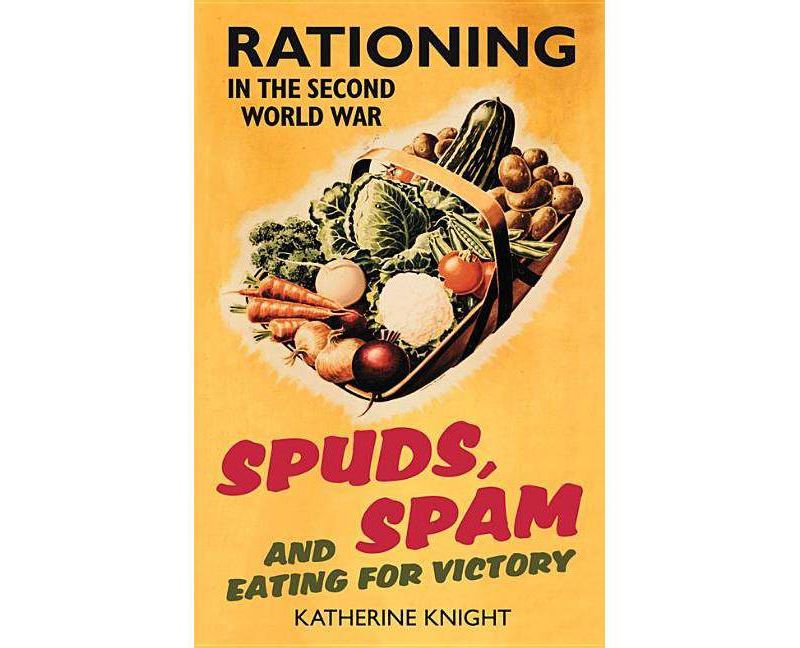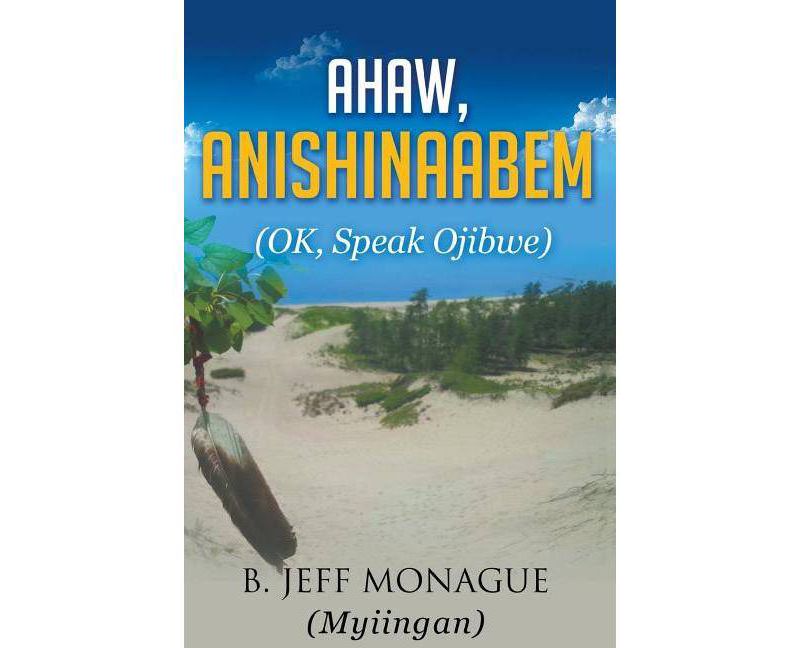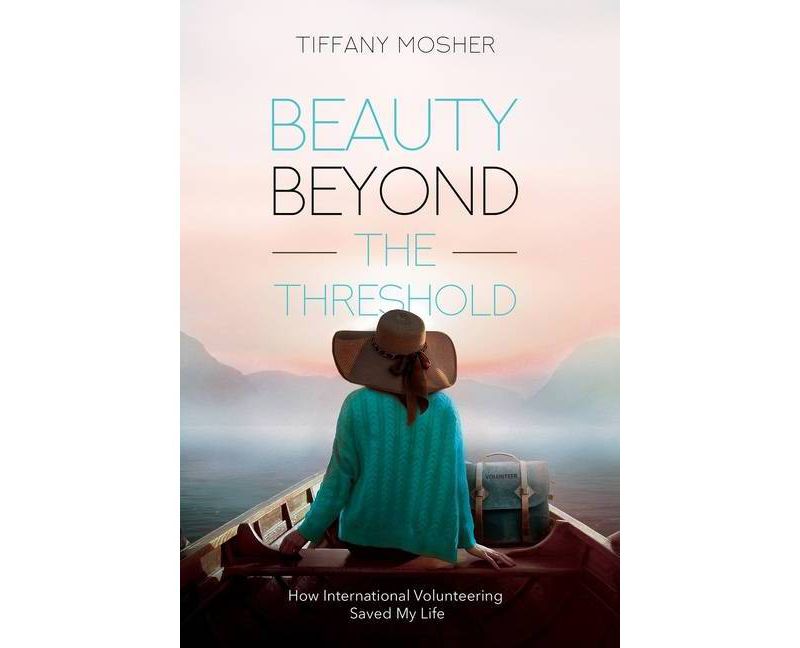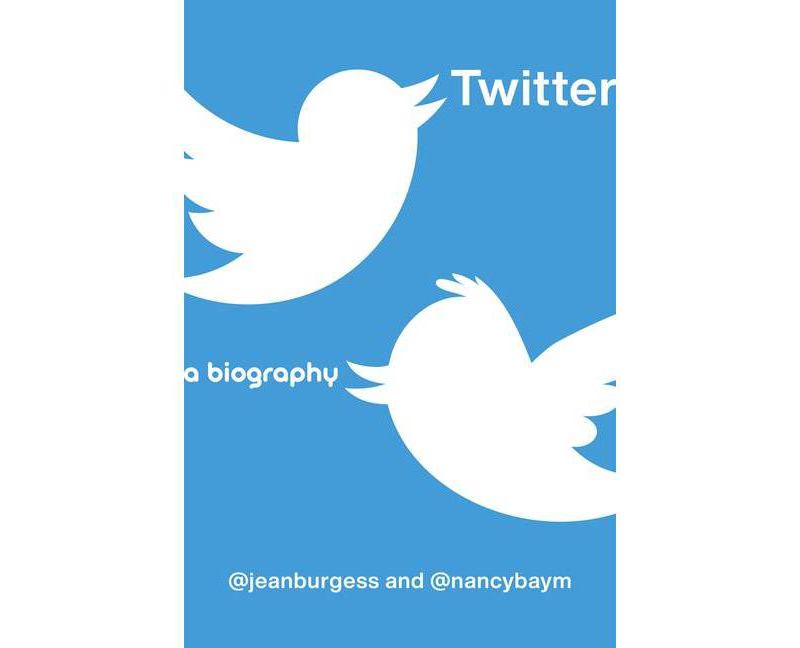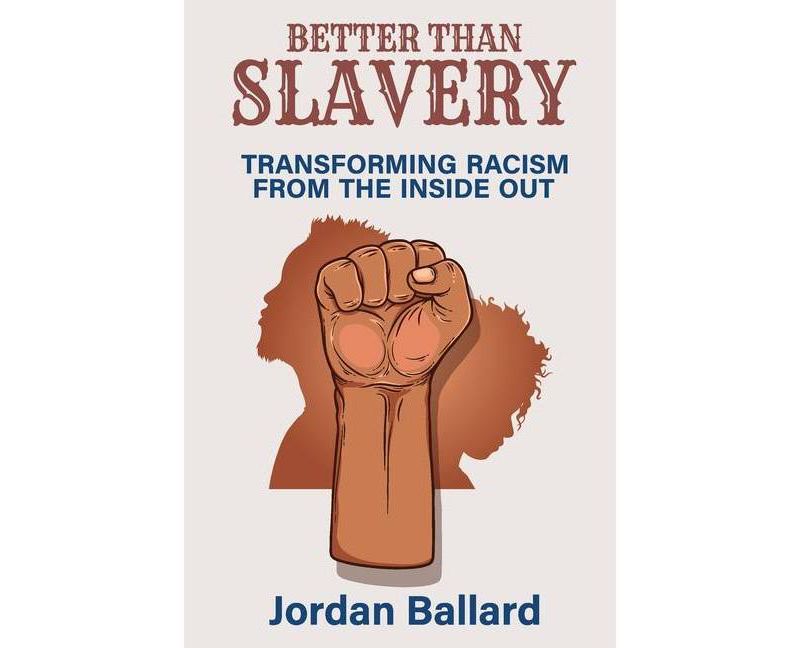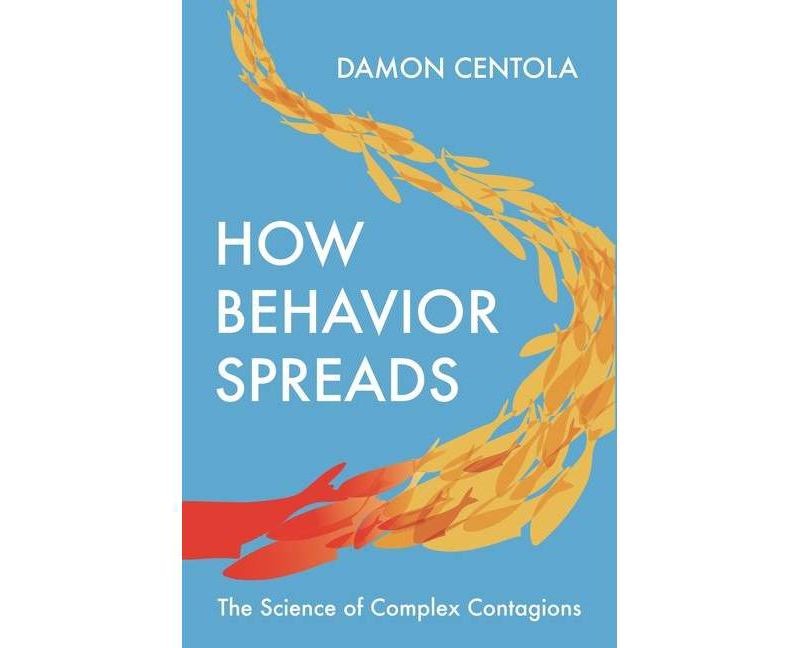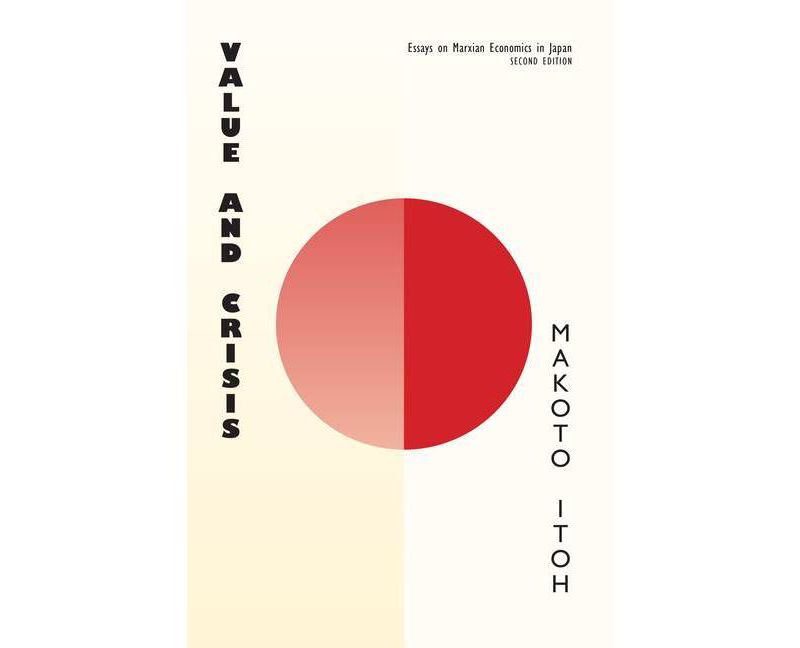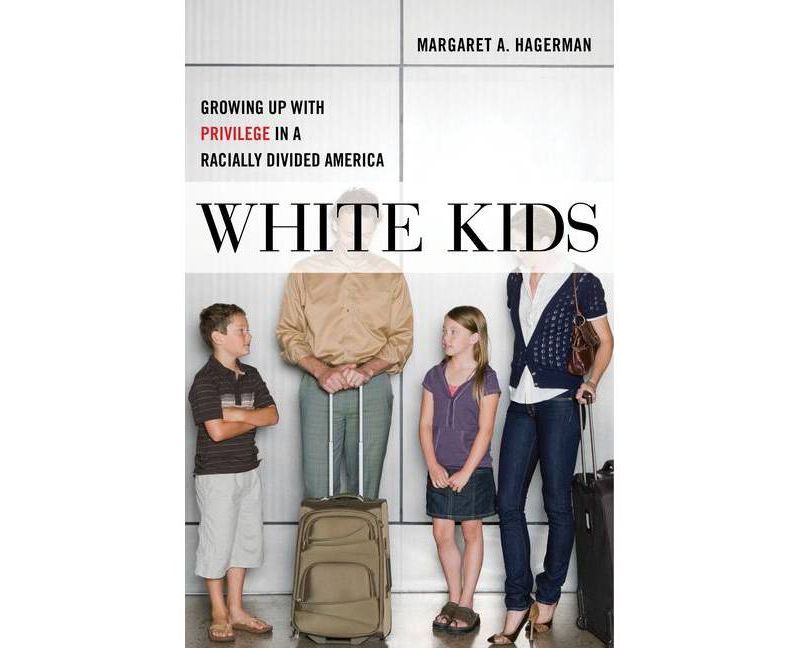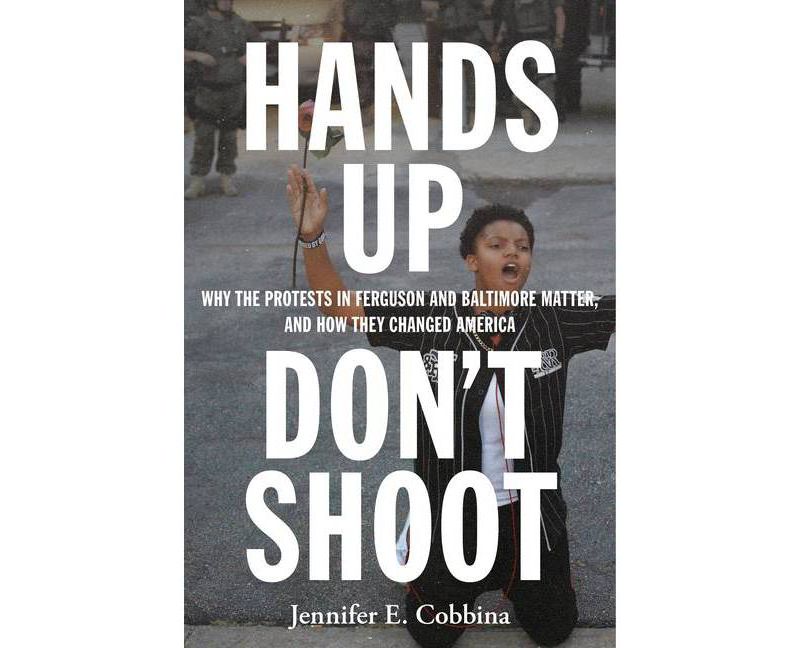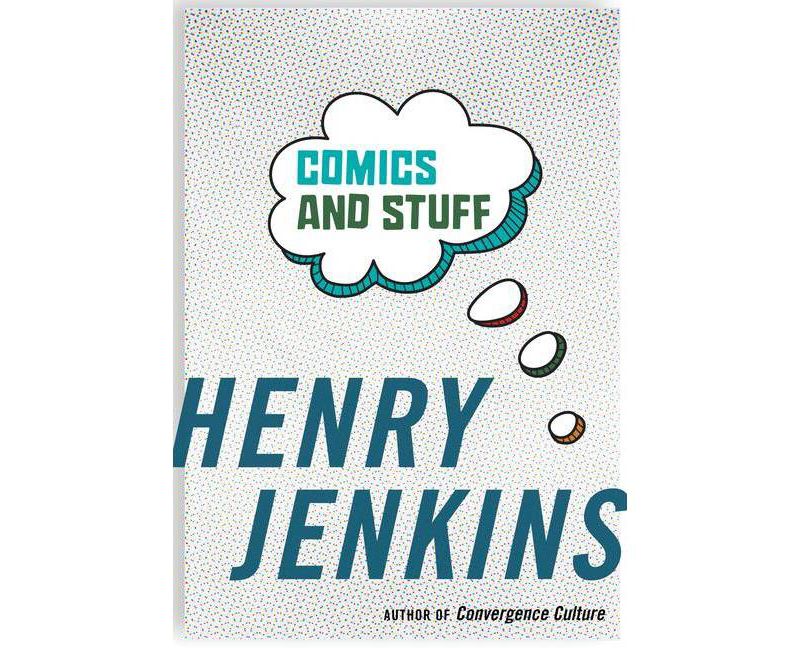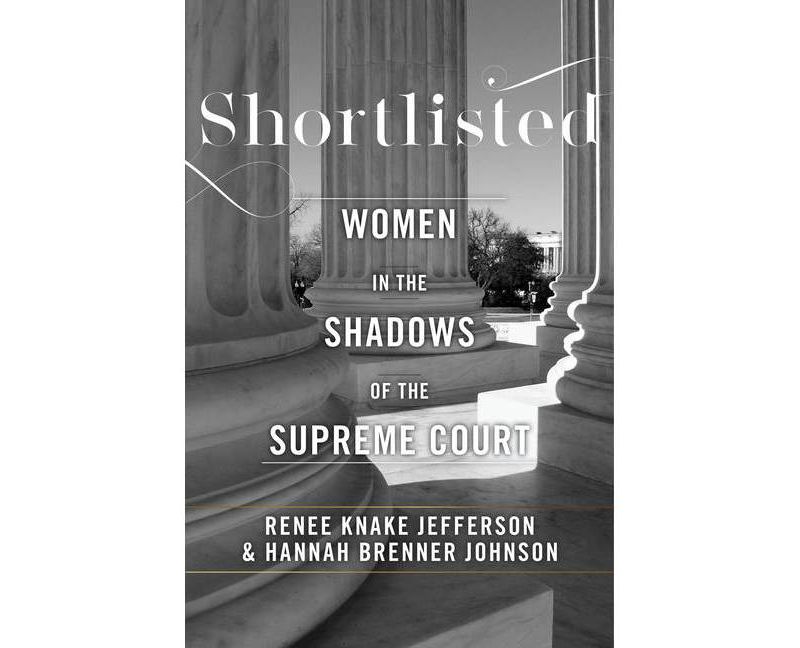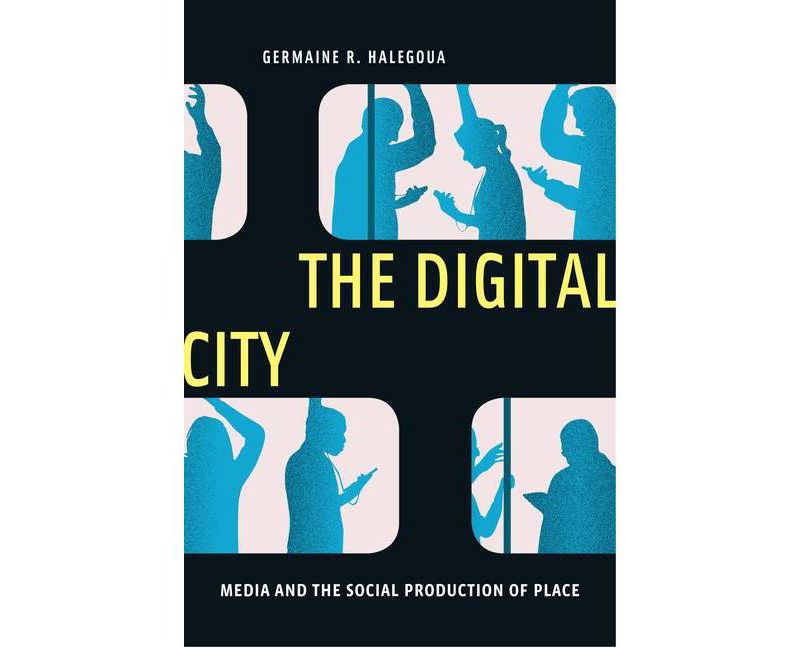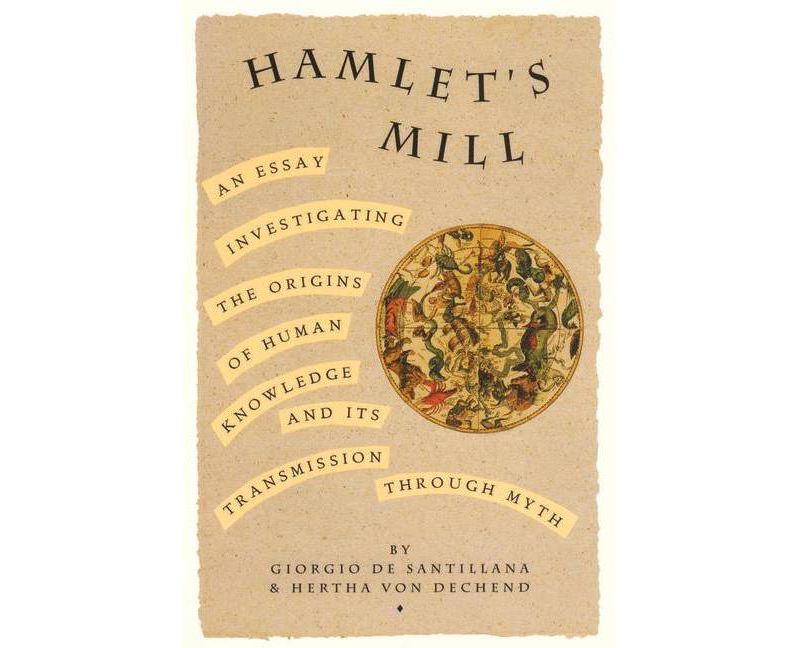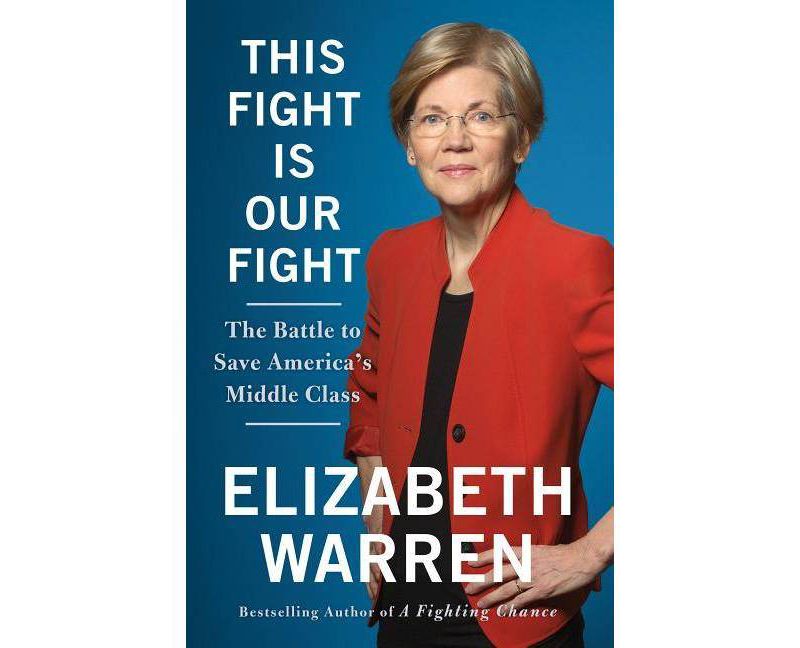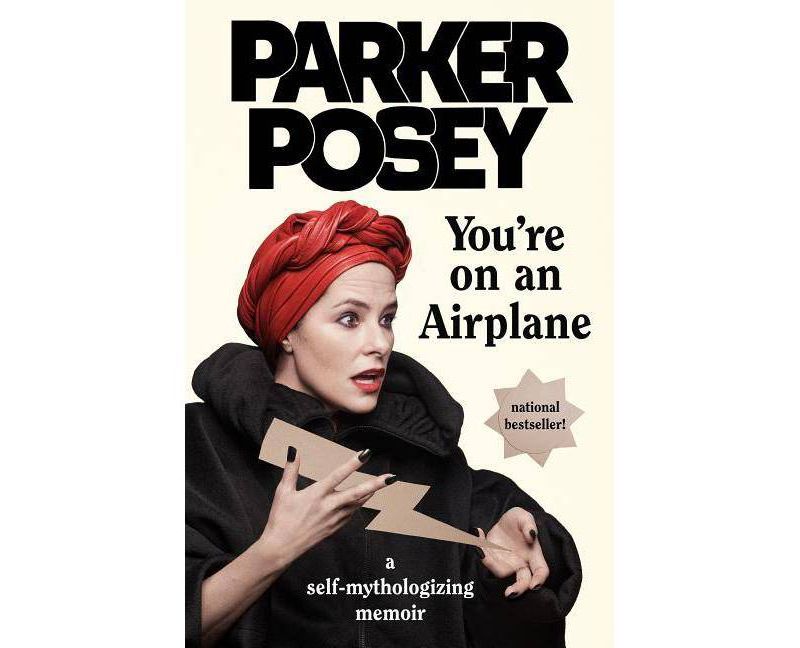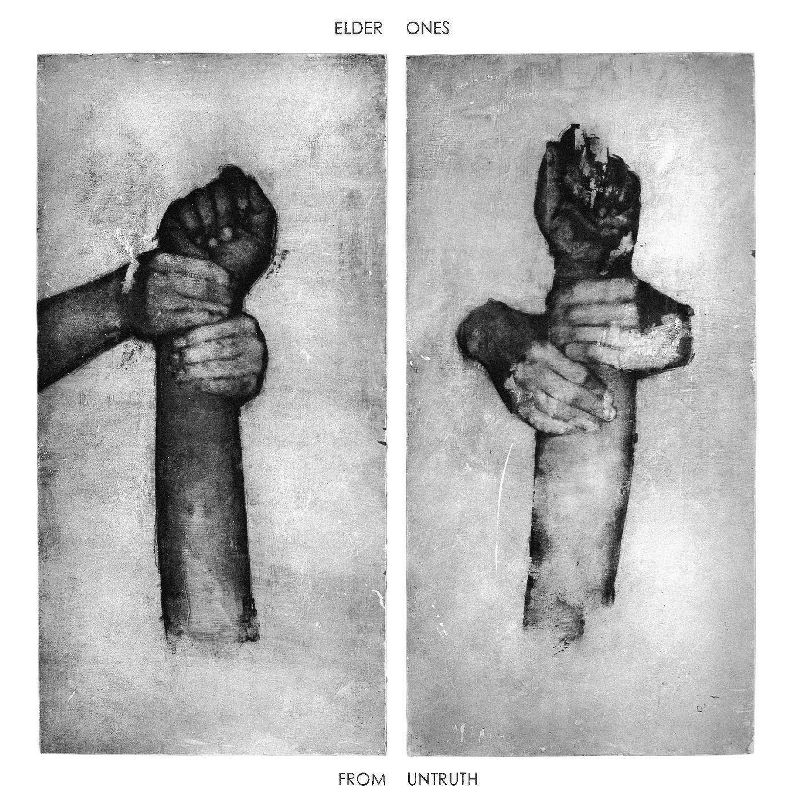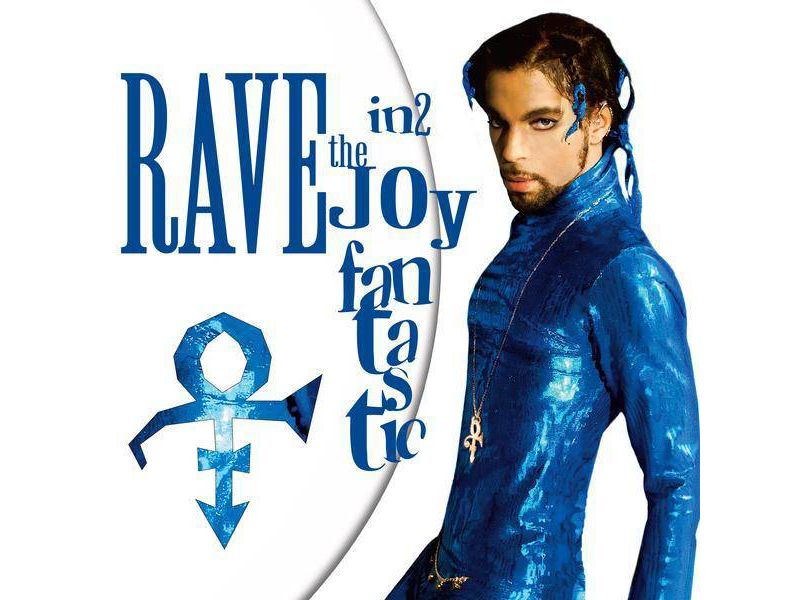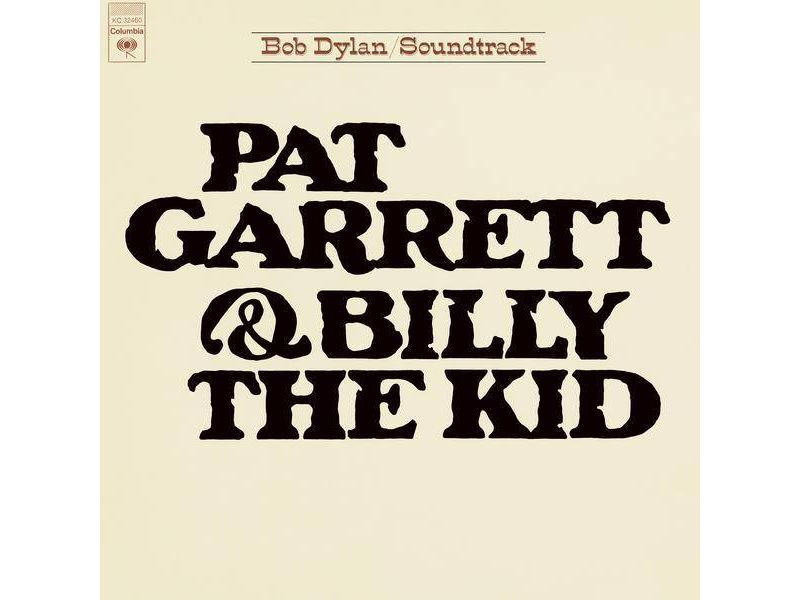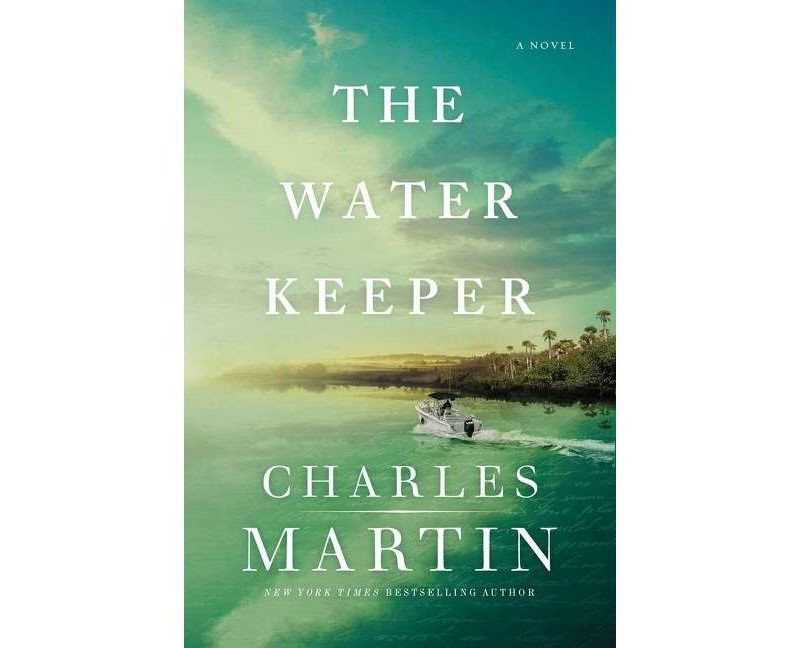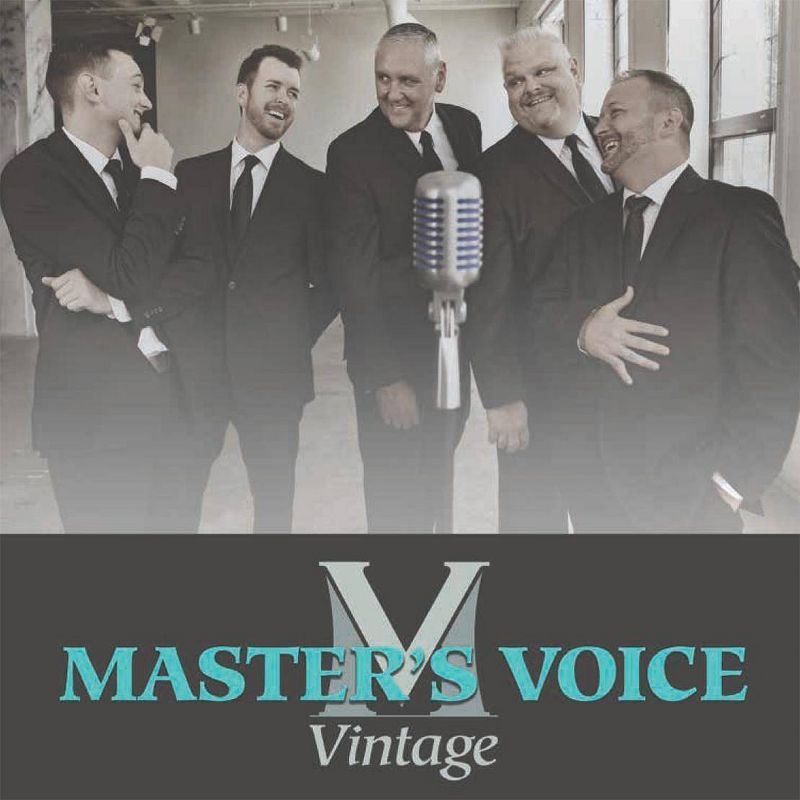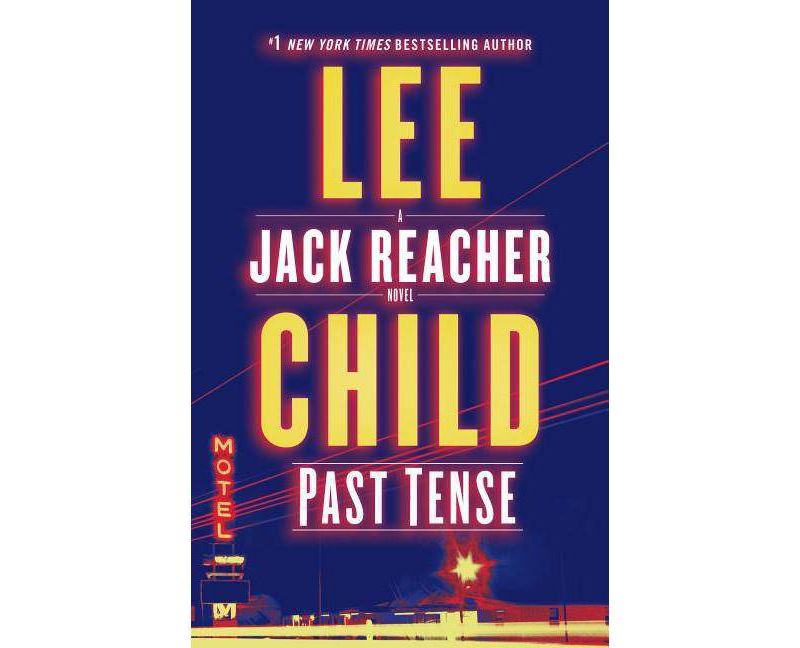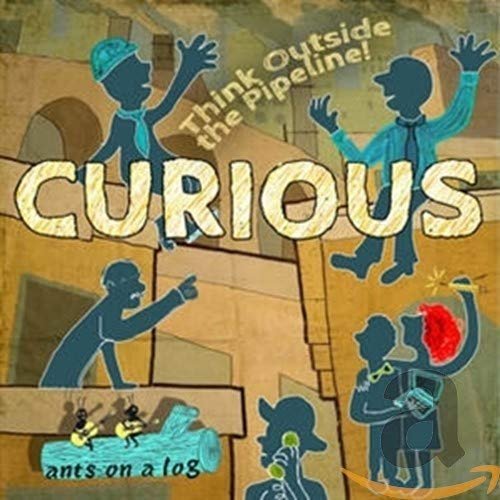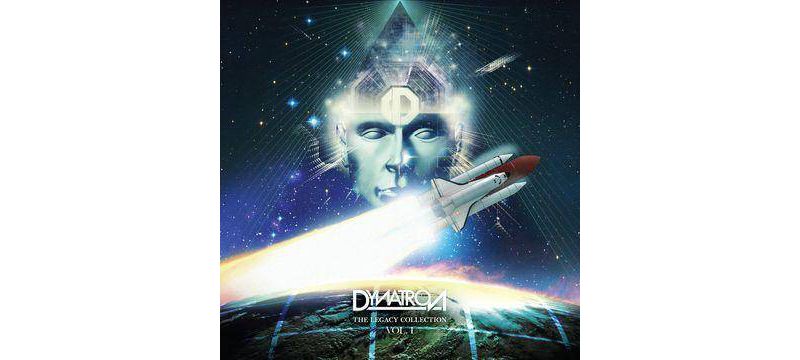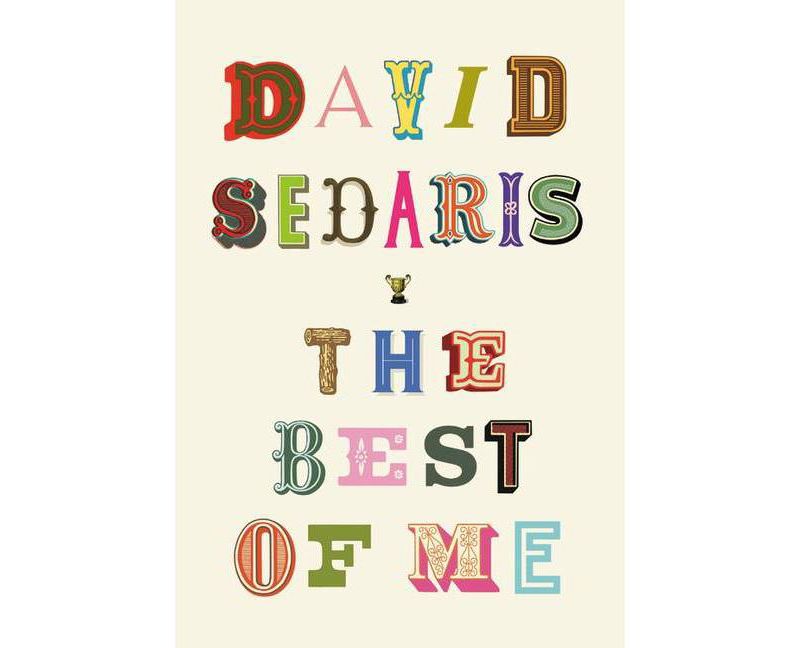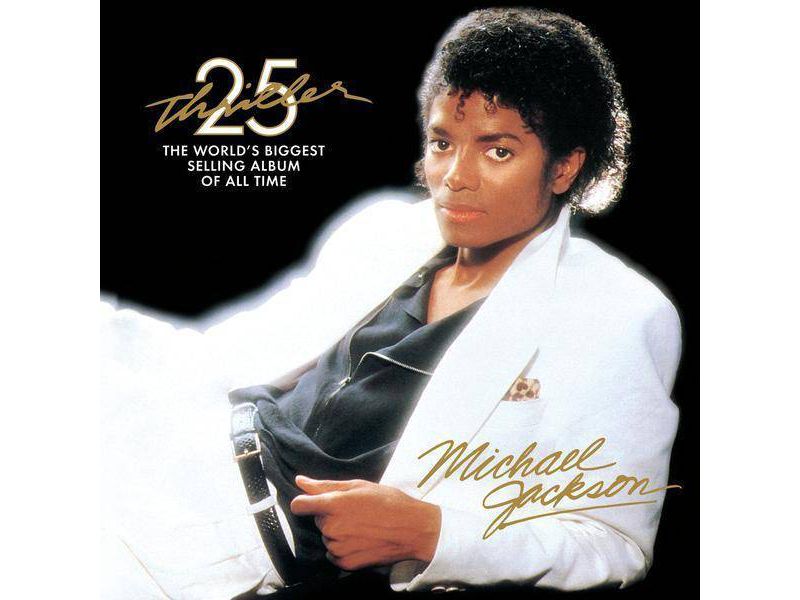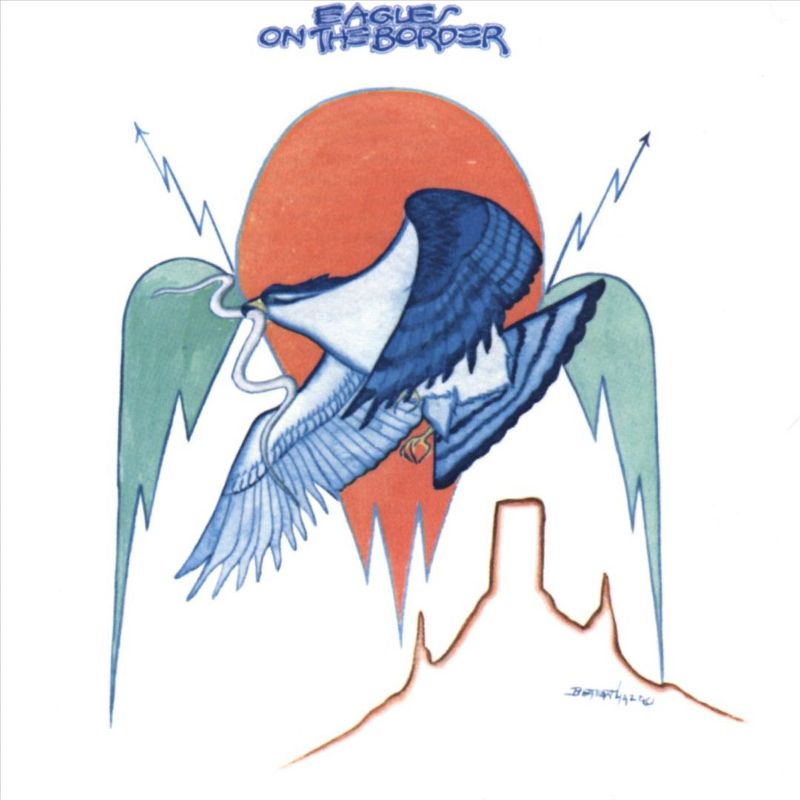Trusted shipping
Easy returns
Secure shopping
Buy Patterns of American Popular Heroism - by James G Shoopman (Paperback) in United States - Cartnear.com
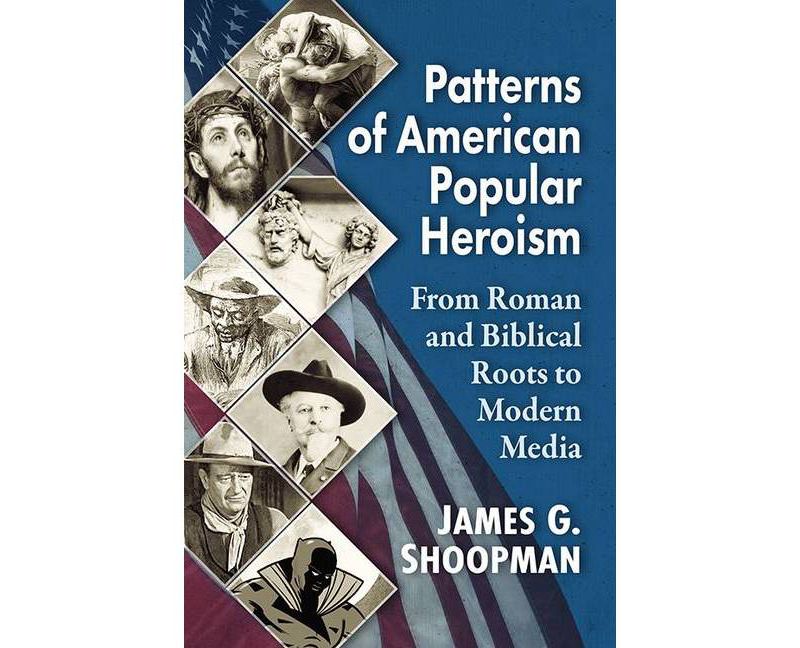
Patterns of American Popular Heroism - by James G Shoopman (Paperback)
CTNR18947 09781476673998 CTNR18947Simon & Schuster
2027-01-02
/itm/patterns-of-american-popular-heroism-by-james-g-shoopman-paperback-18947
USD
44.4
$ 44.40 $ 46.74 5% Off
Item Added to Cart
customer
*Product availability is subject to suppliers inventory
SHIPPING ALL OVER UNITED STATES
100% MONEY BACK GUARANTEE
EASY 30 DAYSRETURNS & REFUNDS
24/7 CUSTOMER SUPPORT
TRUSTED AND SAFE WEBSITE
100% SECURE CHECKOUT
Number of Pages: 293
Genre: Social Science
Sub-Genre: Popular Culture
Format: Paperback
Publisher: McFarland & Company
Age Range: Adult
Author: James G Shoopman
Language: English
Genre: Social Science
Sub-Genre: Popular Culture
Format: Paperback
Publisher: McFarland & Company
Age Range: Adult
Author: James G Shoopman
Language: English
About the Book
""The American popular hero has deeply bipolar origins: Depending on prevailing attitudes about the use or abuse of authority, American heroes may be rooted in the traditions of the Roman conquerors of The Aeneid or of the biblical underdog warriors and prophets. This book reviews the history of American popular culture and its heroes from the Revolutionary War and pre-Civil War "women's literature" to the dime novel tales of Jesse James and Buffalo Bill. "Hinge-heroes" like The Virginian and the Rider's of the Purple Sage paved the way John Wayne's and Humphrey Bogart's champions of civilization, while Jimmy Stewart's scrappy rebels fought soulless bankers and cynical politicians. The 1960s and 1970s saw a wave of new renegades-the doctors of MASH and the rebel alliance of Star Wars-but early 21st Century terrorism called for the grit of world weary cops and the super-heroism of Wonder Woman and Black Panther to make the world safe."--Book Synopsis
The American popular hero has deeply bipolar origins: Depending on prevailing attitudes about the use or abuse of authority, American heroes may be rooted in the traditions of the Roman conquerors of The Aeneid or of the biblical underdog warriors and prophets. This book reviews the history of American popular culture and its heroes from the Revolutionary War and pre-Civil War "women's literature" to the dime novel tales of Jesse James and Buffalo Bill. "Hinge-heroes" like The Virginian and the Rider's of the Purple Sage paved the way for John Wayne's and Humphrey Bogart's champions of civilization, while Jimmy Stewart's scrappy rebels fought soulless bankers and cynical politicians. The 1960s and 1970s saw a wave of new renegades--the doctors of MASH and the rebel alliance of Star Wars--but early 21st Century terrorism called for the grit of world weary cops and the super-heroism of Wonder Woman and Black Panther to make the world safe.About the Author
James G. Shoopman is an associate professor in the humanities and communication department of Embry-Riddle Aeronautical University, where he teaches comparative religions and Western cultural history.
